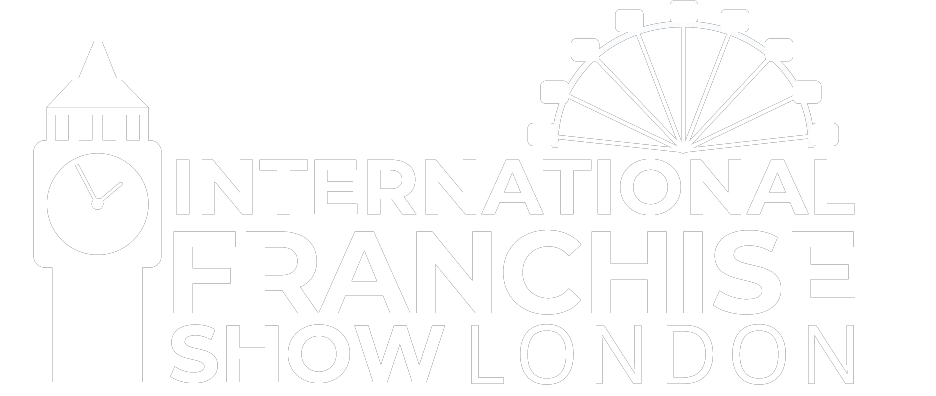Challenges Facing UK Franchisees in 2025
)
Navigating Rising Costs, Regulatory Pressures, and Franchise Relationships
The UK franchise sector remains a powerful engine of economic growth, contributing billions annually and offering entrepreneurs a proven path to business ownership. However, 2025 presents a unique set of challenges that franchisees must carefully navigate to succeed.
Rising Operational Costs and Inflation
One of the most pressing issues for UK franchisees is the steady increase in operational costs. Energy prices continue to surge due to geopolitical tensions and supply chain disruptions, significantly impacting day-to-day expenses. Additionally, inflation has driven up the cost of raw materials, transportation, and wages. For franchisees operating on tight margins, these increases can quickly erode profitability.
Many franchisees face the difficult balancing act of whether to pass these costs onto customers through price hikes or absorb them to remain competitive. This dilemma is especially acute in sectors like quick-service restaurants (QSRs) and home services, where price sensitivity is high.
Franchisor-Franchisee Dynamics
The franchise model relies heavily on brand consistency and adherence to franchisor guidelines. While this ensures a unified customer experience, it can sometimes lead to friction when franchisees want to adapt to local market conditions. For example, a franchisee may wish to introduce a promotional offer or adjust operating hours to better suit their community, but franchisor policies may restrict such flexibility.
This tension can affect morale and operational agility, especially in a rapidly changing market environment. Successful franchise systems are those that foster open communication and collaborative problem-solving between franchisors and franchisees.
Regulatory and Labor Market Challenges
Post-Brexit labor shortages remain a significant hurdle for many franchisees, particularly in sectors reliant on frontline staff such as hospitality and retail. Recruiting and retaining skilled employees is increasingly difficult, compounded by the ongoing cost-of-living crisis which puts pressure on wage demands.
Moreover, evolving regulations around environmental standards and corporate social responsibility are requiring franchisees to invest in sustainable practices. From reducing single-use plastics to improving energy efficiency, these initiatives often require upfront capital and operational changes but are essential to meet consumer expectations and regulatory compliance.
Financial Considerations and Risk Management
While franchises generally boast higher survival rates than independent startups-around 95% avoid commercial failure-franchise ownership is not without financial risk. Initial franchise fees in the UK commonly range from £20,000 to £60,000, with additional ongoing royalties and marketing contributions.
Prospective franchisees must undertake thorough due diligence, including reviewing financial projections, understanding contractual obligations, and assessing market demand. Overleveraging or underestimating costs can lead to cash flow problems and jeopardize long-term viability.
Looking Ahead
Despite these challenges, the franchise model remains a robust option for entrepreneurs seeking support, brand recognition, and proven systems. Success in 2025 and beyond will hinge on adaptability, strong franchisor-franchisee partnerships, and strategic financial planning.







